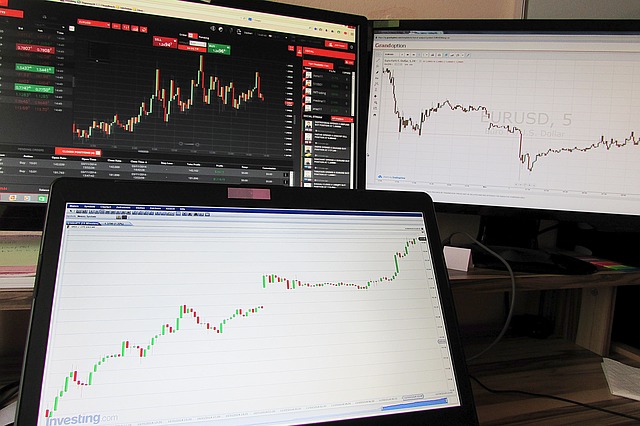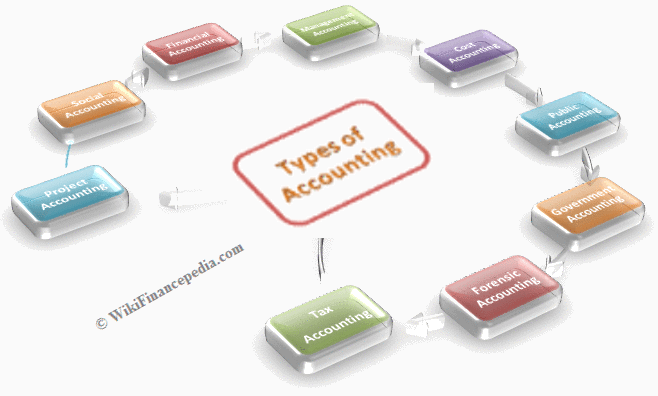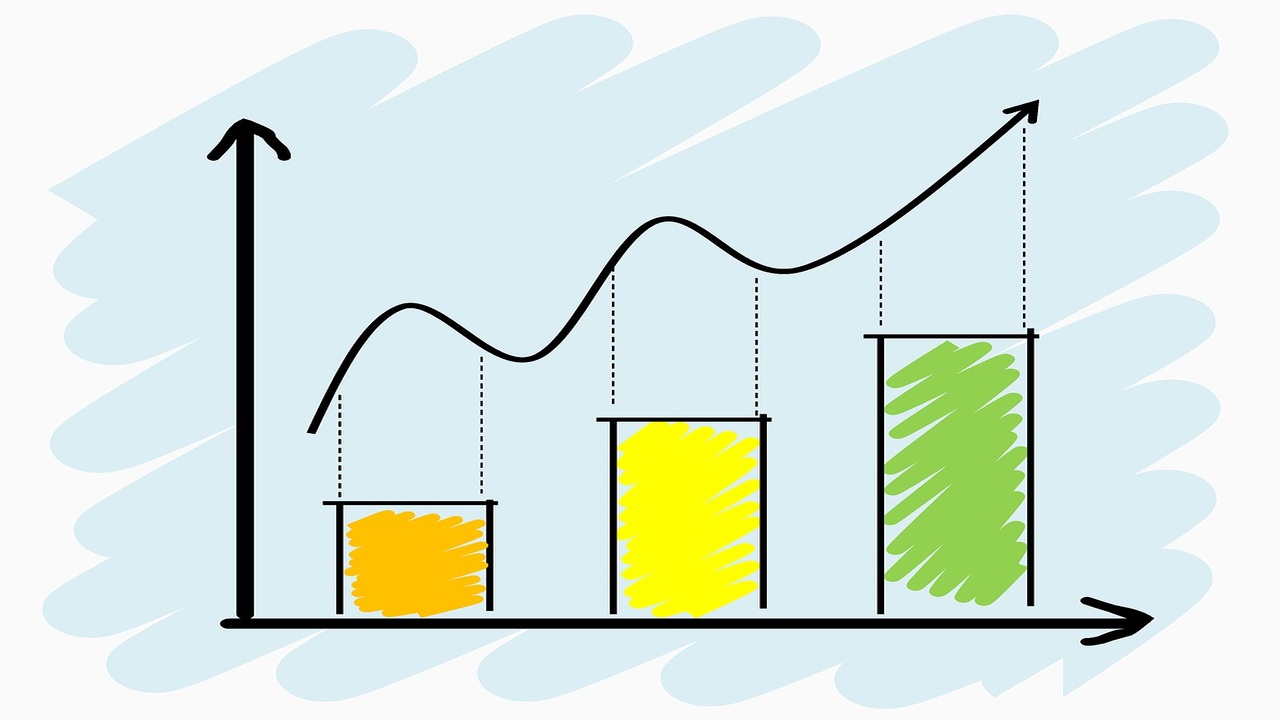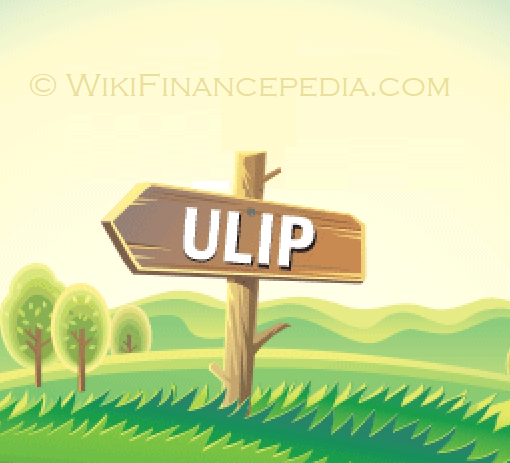Options Trading Definition:
Options is one of the another type of investment opportunity for classy investors. Options are very complicated, tremendous risky and versatile and it is not appropriate or recommendable for one and all. Taking into account all sort of knowledge is must when trading into options, It’s too dangerous getting into trading without knowing the function of options. Being ignorant of investment option is also a weak sign of investor to figure it out which is the healthy investment strategy for your requirement.
What is Options Trading?
An option contract allows buyer the right, but not the compulsion, to either buy or sell assets at a future specified date or price. It is also a type of contract with is bind with strictly terms and conditions.
Let us take examples of options trading with a daily life situation to get more familiar with options, For example:
Assume, you as an investor wish to purchase a house of Rs.10,00,000/- with the intension to sell and make 20% profit in three months uncertainly you do not have money to buy for next 3 months. So giving owner option to disburse Rs.10,00,000/- after 3 months by paying Rs.5,000 in addition to avail the option and booking the house is what owner agrees upon terms. This demonstration conclude that either you make loss or make profit on investment after 3 months, you get option of leverage on purchase.
Let us understand this scenario considering as one of the options trading strategies:
Scenario-1; Example of options trading: As per your assumption, you purchase house by paying remaining dues and sell at 120% (i.e. Rs.12,00,000/-). After 3 months, you make profit of Rs.195,000/- (Rs.12,00,000 – Rs.10,00,000 – Rs.5,000). This is one of the type of making money thru options trading.
Scenario-2; Example of options trading: Property market goes down in 3 months. An option contract allows buyer the right, but not the compulsion, to either purchase or put up for assets sale. In that case you cancel the deal and make a loss of 100% of invested captital that is Rs.5,000/- compensated prior to 3 months.
Call and Put Options:
There are two types of options contracts, calls and puts:
A call option allows right to buy an asset at a specific price within time frame. Buyers of the call option contract are called call holders or long term option investor with the intension to make money with rise in stock price on or before contract expiry and vice versa seller of the call option contract are called the call writers or short term option investor.
A put option allows right to sell an asset at a specific price within time frame. Buyers of the put option contract are called put holders or long term option investor with the intension to get profit with fall in stock price on or before contract expiry and vice versa seller of the put option contract are called the put writers or short term option investor.
Difference Between Type of Options Buyers (holders) and the Seller (writers) is:
- Call and put buyers option possess no compulsion, to either purchase or sale upon contract expiration. They can alternatively apply their rights.
- Call and put sellers option possess compulsion to either buy or sell asset upon contract expiration. Meaning seller have to give commitment or assure to either sell or purchase asset. They do not hold any alternative rights.
Don’t be confused. As being the beginner it is important to understand how do stock options work. We will learn options from the observation point of vision for the time being. Since selling option contract contain high amount of risk with extreme level of complexity.
How does Options Trading Works?
Let us learn to trade taking an option contract example to understand options online course in real time:
Assume that NIFTY in 2016 is currently trading at 8370 and you wish to trade in call options of NIFTY at the strike price of 8400 with the expiry of 1 month based on the prediction that market will go up. Premium is Rs.45. Lot size of one contract is 50 which means final pay price of the contract is Rs.45 * 50 = Rs.2250/-. Same thing if you want to buy in stocks then it would have cost you 8370 * 50 = Rs.4,18,500/-. Let us not consider brokerage for now.
Break-even price means the line of price at which there is neither profit nor loss. So Break-even price of above scenario will be Strike Price + Contract Premium that is 8400 + 45 = Rs.8445/-. Anything below 8445 would be a loss and maximum loss would be equal to the pay price of contract. Assuming if upon expiration, if contract drops to 8300 you will still be down maximum to your investment capital that is Rs.2250/-.
Suppose after 3 weeks NIFTY rises to 8500 which means profit would be ([Current Price – Strike Price – Option Premium] * Lot Size) equal to Rs.2750/- ([8500 – 8400 – 45] * 50).
In the table form, trading in options would look like something as:
|
Scenario : |
Buy | Profit |
Loss |
| Date |
01-Jan-2016 |
Expiry Date |
Expiry Date |
| NIFTY Contract |
8,400.00 |
8,500.00 |
8,300.00 |
| Contract Premium |
45.00 |
110.00 |
worthless |
| 1 Lot Size |
50.00 |
50.00 |
|
| Contract Value |
2,250.00 |
5,500.00 |
– |
| Gain / Loss |
3,250.00 |
-2,250.00 |
Let us see how time value makes option contracts risky and extreme complex type of investment:
Basically, option contract premium is calculated as intrinsic value + time value. Time value represents the prospect of the option rising in price. Intrinsic value of option is in “in-the-money option contract premiums”. For example, If a call options strike price is 8300 and underlying market price is at 8370, then the intrinsic rate of the call option contract is Rs.70/-.
So, the premium of the option contract in our example can be thought of as the following:
| Premium = Intrinsic Value + Time Value |
| Rs.110 = Rs.70 + Rs.40 |
Further options are divided into:
- American options can be put into effect at any time from the date of purchase to the expiry date.
- European options can only be implement at the end of the expiry date.
The characteristic involving American and European options has no connection with geographic places.
Read E-Learning Tutorial Courses - 100% Free for All
Basics of Banking and Financial Services for Beginners
- Chapter 1: What is Bank and Role of Bank in Economic Development
- Chapter 2: Different Types of Financial Services Provided by Banks
- Chapter 3: Different Types of Banking and Financial Institutions
- Chapter 4: What is Retail Banking and Services provided by the Banks
- Chapter 5: What is Commercial Bank and Services offered by Banks
- Chapter 6: What is Private Banking and Services offered by Best Banks
- Chapter 7: What is Investment Banking and Services offered by Bankers
- Chapter 8: What is Investment? How to Start Systematic Investment Plan?
- Chapter 9: What is Fixed Income Securities Market?
- Chapter 10: What are Bond Funds? Difference between Stocks and Bonds
- Chapter 11: What is Stock Market? How to Invest in Stock Market?
- Chapter 12: What is a Mutual Funds? Types of Mutual Funds with Examples
- Chapter 13: What is Futures Trading? How to Trade in Future Contracts?
- Currently Reading: What is Options Trading? How does Options Trading Works?
- Chapter 15: Banking Quiz - Basics of Banking and Financial Services for Beginners







